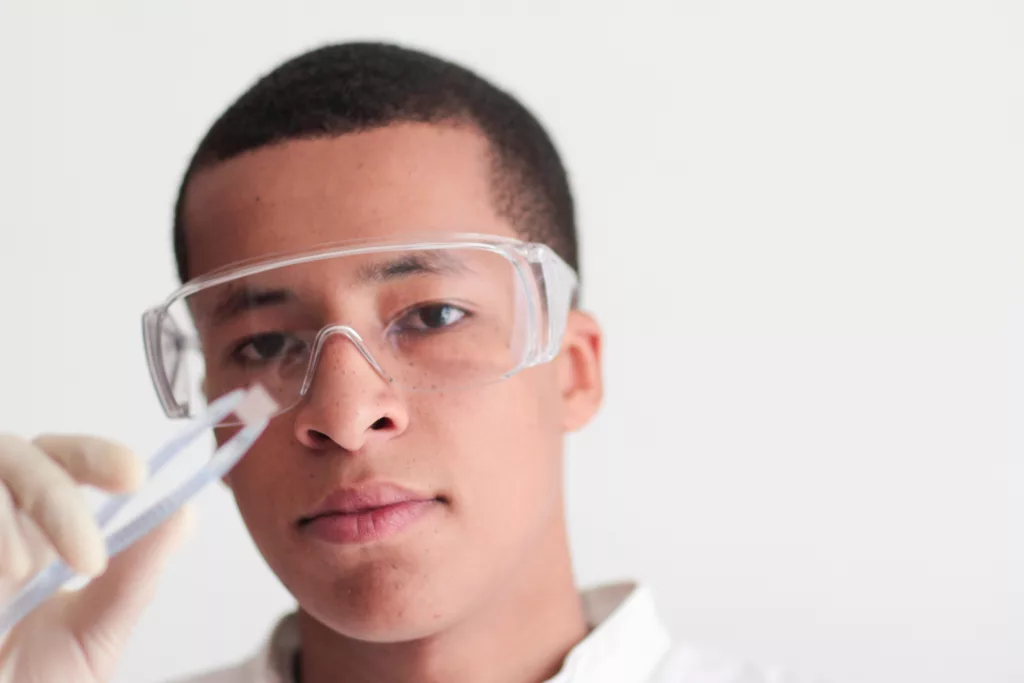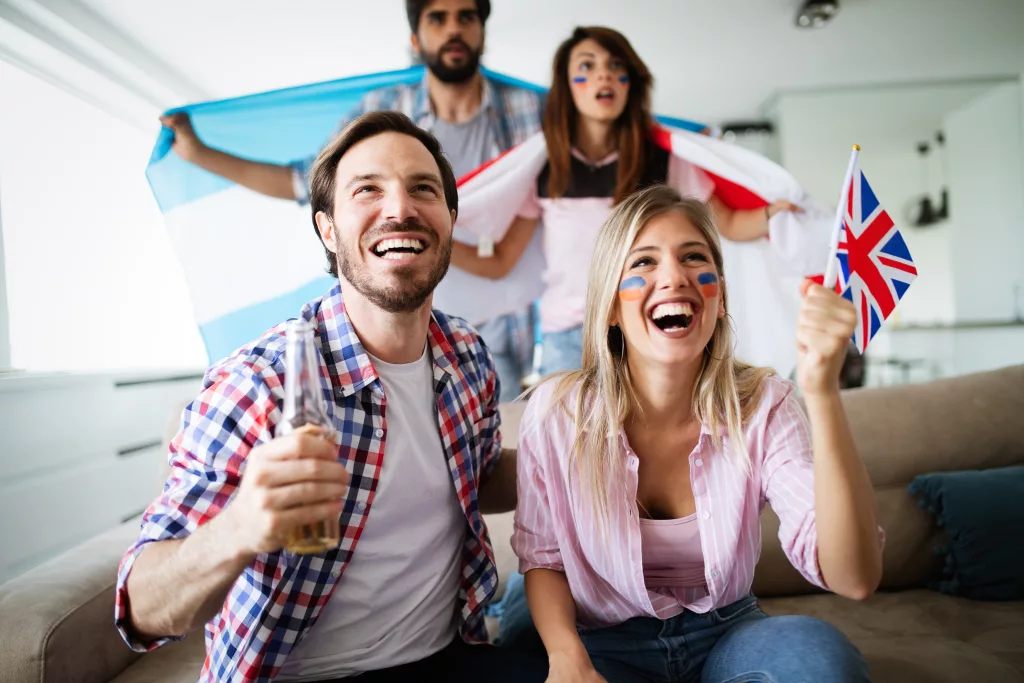In a striking revelation, the proportion of privately educated athletes in the Team GB squad for the 2024 Paris Olympics has surged to one-third of the total competitors. Among the 318 UK-schooled athletes, 106 (33.3%) were educated in private institutions, a notable increase from 24% in the 2016 Rio de Janeiro team. This stark contrast to the national average, where only 9% of secondary school students in England attend private schools, underscores the growing dominance of private education in producing elite athletes.

Grace Moody-Stuart, director of the Good Schools Guide Education Consultants, attributes this trend to the extensive resources and facilities available at private schools. “These schools have the ability to identify and support talented athletes from a young age” she explains, highlighting how private institutions are uniquely positioned to nurture sporting talent. The data further reveals that 36 schools had multiple alumni representing Great Britain, with top contributors being private institutions: Plymouth College in Devon (6 athletes), Millfield School in Somerset (5 athletes), and Whitgift School in Croydon (4 athletes).
Certain sports show even higher representation of privately educated athletes. Rowing leads the pack with 52%, followed closely by hockey at 47%, and modern pentathlon at a staggering 100% of Team GB athletes coming from private schools. In stark contrast, cycling sees only 8% of its team having a private school background. These figures prompt critical reflection on the systemic advantages afforded by private education in fostering athletic excellence.
“The growing influence of private education on elite sports success highlights the need for a more equitable system that provides opportunities for all talented athletes, regardless of their socioeconomic background” notes Moody-Stuart. This sentiment resonates strongly, especially when considering the overrepresentation of athletes from all-girls’ schools in the team, with nearly 23% of female athletes attending either a single-sex state or private institution.
The narrative of private school dominance in elite sports is not new, but its implications are profound. As we celebrate the achievements of our athletes, it is imperative to question whether the playing field is truly level. The drive for success in sports should be inclusive, ensuring that talent and dedication are the primary determinants of opportunity, not the privilege of attending a well-funded private institution.

In conclusion, as Team GB prepares to showcase its talents on the global stage in Paris, this data serves as a stark reminder of the disparities that still exist within our education and sporting systems. It is crucial for policymakers, educators, and sports organizations to work towards a more equitable model that nurtures potential from all corners of society. Let us celebrate the success of our athletes, but also strive for a future where every child, regardless of their background, has the chance to compete and succeed at the highest levels.
Summary
- Increase in Privately Educated Athletes: One-third of Team GB athletes for the 2024 Paris Olympics were privately educated, up from 24% in 2016.
- Disparity with National Average: Only 9% of secondary school students in England attend private schools.
- Concentration of Talent: 36 schools had multiple alumni in Team GB, with the top contributors being private institutions.
- Sports with Higher Private School Representation: Rowing (52%), hockey (47%), and modern pentathlon (100%).
Editor’s Opinion
Isn’t it ironic that in a country where only 9% of students attend private schools, one-third of our Olympic athletes hail from these elite institutions? It seems that access to top-tier facilities and coaching isn’t just a perk but a prerequisite for representing Great Britain on the world stage. While we cheer for our athletes, let’s not forget to question this glaring disparity: are we really fostering national talent, or simply showcasing the privileges of a well-heeled minority? It’s almost as if the message is clear – if you want to be an Olympian, you’d better start saving for those private school fees.

